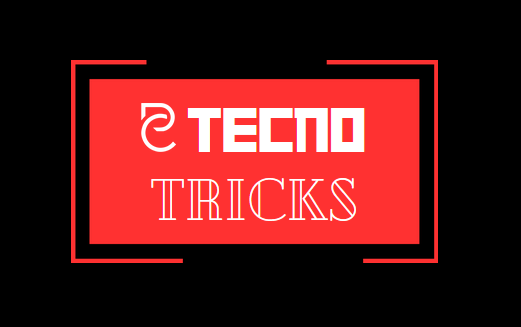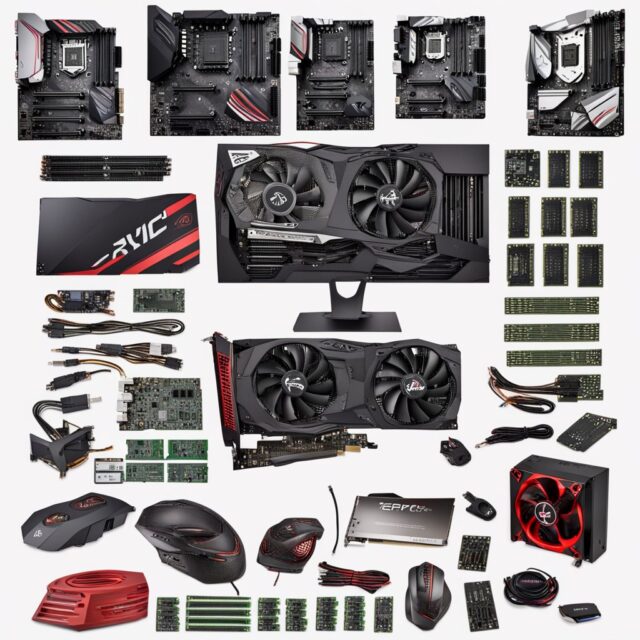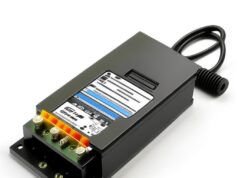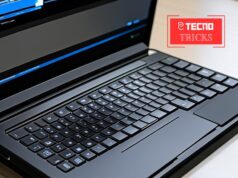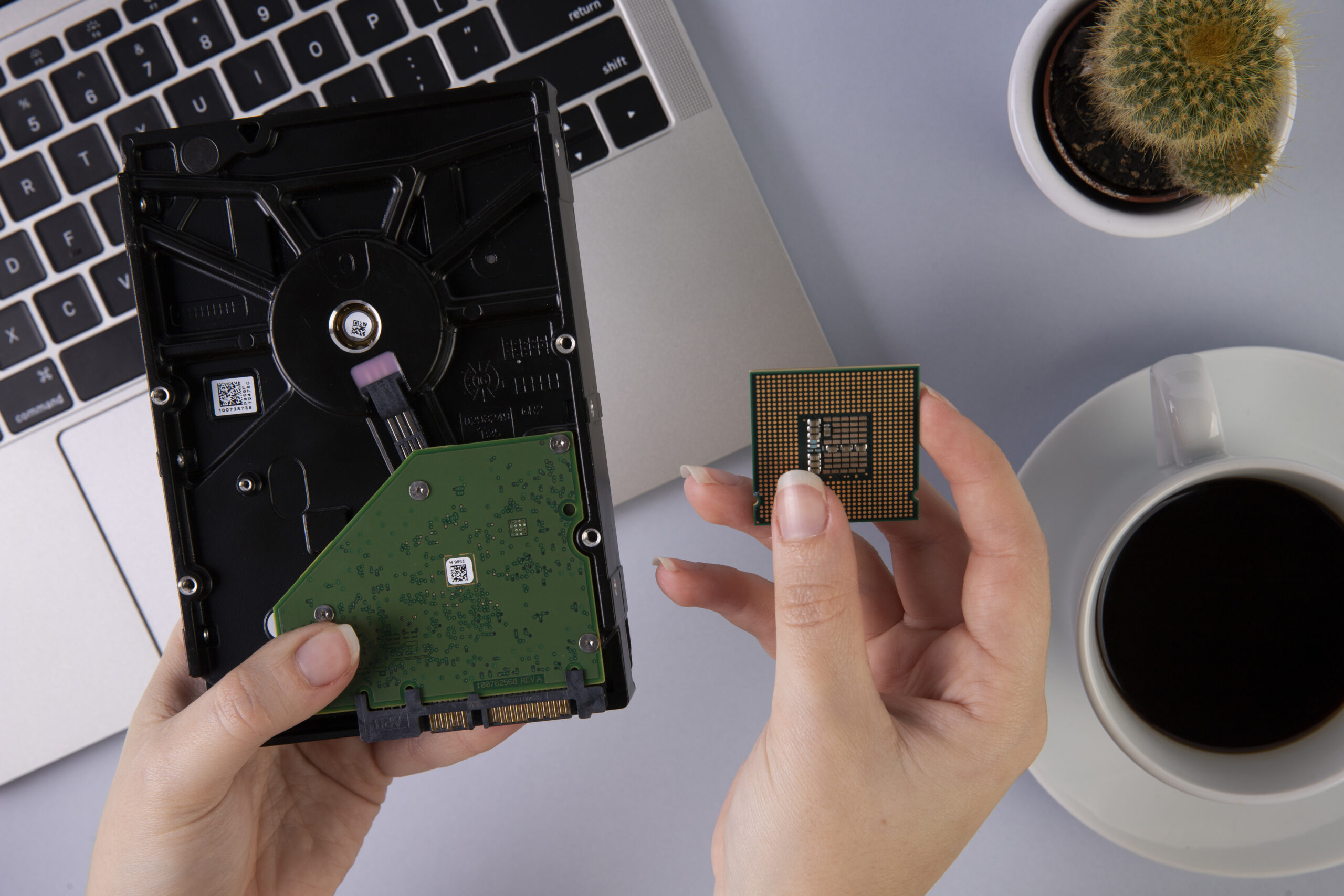Hey there, gaming enthusiasts! There’s a common misconception floating around that you need to spend a fortune to get the best gaming PC parts. But guess what? That’s not entirely true. Sure, splurging on high-end components can give you a beast of a machine, but you can also build a solid gaming rig without breaking the bank. Let’s dive into the essential gaming PC parts for 2024 and how you can smartly upgrade your setup without emptying your wallet.
The Essential Gaming PC Parts You Need in 2024
When you’re looking to upgrade or build your gaming PC, knowing which parts to prioritize can make a world of difference in both performance and budget. Here’s a rundown of the top 7 gaming PC parts to consider:
Motherboards:
The motherboard is the hub where all your gaming PC parts connect. A top-notch choice like the ASUS ROG series doesn’t just offer compatibility with high-speed CPUs and memory; it also provides superior sound quality, robust build, and extensive connectivity options which are essential for gamers looking to expand or upgrade.
Pros: Future-proof features, excellent connectivity, and enhanced durability.
Cons: Premium motherboards come at a higher cost and might be overkill for casual gamers.
Final Verdict: If you’re building a high-performance gaming rig, investing in a high-quality motherboard will ensure longevity and reliability, making it a worthwhile expense.
Graphics Cards:
Essential for any serious gaming PC, the graphics card processes and renders your game’s graphics. The NVIDIA RTX 3080, for example, offers stunning visuals and ray tracing technology, enhancing lighting and reflections.
Pros: Incredible graphics performance, future-proofing for upcoming games.
Cons: High-end graphics cards are expensive and may require a good cooling system to manage heat.
Final Verdict: A powerful graphics card is a must-have for immersive gaming experiences, especially if you play visually demanding games.
CPUs:
The CPU is crucial as it handles all instructions it receives from hardware and software. For gaming, the AMD Ryzen 7 or Intel’s i7 provides excellent speed and multitasking capabilities.
Pros: Handles complex game mechanics smoothly, great for games that rely on CPU more than GPU.
Cons: High-performance CPUs can be pricey and may also necessitate a better cooling solution.
Final Verdict: Investing in a robust CPU will significantly enhance your gaming experience and is particularly crucial for playing the latest triple-A titles.
RAM:
RAM is your system’s short-term memory. More RAM means your system can handle more simultaneous tasks. A setup with 16GB RAM is typically sufficient for most modern games.
Pros: Improves multitasking, reduces lag.
Cons: Beyond a certain point, more RAM doesn’t necessarily improve gaming performance.
Final Verdict: Go for at least 16GB if you’re a gamer; it’s perfect for ensuring smooth gameplay and future-proofing your setup against more demanding games.
Storage:
Solid State Drives (SSDs) like the Samsung 970 EVO offer quick data access times, speeding up game loads and system boots dramatically compared to traditional hard disk drives (HDDs). Pros: Faster loading times, more reliable with no moving parts.
Cons: Higher cost per GB than HDDs.
Final Verdict: An SSD is almost mandatory for gaming computers nowadays for its speed and reliability, although it’s wise to supplement it with an HDD for bulk storage if budget allows.
Power Supply Units (PSUs):
A good PSU ensures your system has enough power to run smoothly and safely. The Corsair RMx series is known for its efficiency and reliability.
Pros: Stable power delivery can handle high-performance parts without overheating.
Cons: Quality PSUs can be expensive and are often overlooked by beginners.
Final Verdict: Don’t skimp on your PSU—it’s critical for the longevity and stability of your gaming PC.
Cooling Systems:
Keeping your PC cool is critical, especially under the load of gaming. Whether you choose air cooling or a liquid-cooled system, effective cooling prevents thermal throttling and prolongs component life.
Pros: Essential for maintaining performance, especially in overclocked systems.
Cons: High-end cooling systems can be pricey and complex to install.
Final Verdict: Effective cooling is a must, especially if you’re running high-performance parts; consider your cooling needs based on your specific setup and usage.
Why These Gaming PC Parts?
Each component plays a vital role in your PC’s performance. Upgrading your graphics card can dramatically improve visual quality, while a faster CPU ensures that your PC can handle high-performance gaming and multitasking without a hitch. RAM upgrades are one of the simplest ways to boost the responsiveness of your system, and switching to SSDs can decrease your game loading times significantly.
By focusing on these essential parts, you can build a gaming PC that not only runs the latest games smoothly but also stands the test of time. Whether you’re assembling a budget-friendly setup or a high-end gaming machine, choosing the right components will provide you with the best bang for your buck.
In your upgrade journey, keep an eye on components that offer the best performance for your specific needs—there’s no one-size-fits-all solution here! And remember, upgrading your PC is not just about power and speed; it’s about crafting an experience that is uniquely yours.
FAQs on Gaming PC Parts
Q1: Can I upgrade just one component of my gaming PC? Absolutely! Upgrading a single component like your graphics card or CPU can give your gaming performance a noticeable boost. Just make sure the new part is compatible with your current motherboard and power supply.
Q2: Is it better to buy pre-built gaming PCs or build one myself? Building your own PC can be more cost-effective and allows you to customize it exactly to your needs. However, buying a pre-built one is convenient and comes with warranties for the whole system, which can be a big plus if you’re not too tech-savvy.
Q3: How often should I upgrade my gaming PC parts? There’s no set rule, but a good guideline is to assess your system’s performance every few years. If you start noticing that your PC can’t handle the latest games at decent settings, it might be time to consider an upgrade.
Q4: What’s the most important part to upgrade for gaming performance? While all parts are important, the graphics card typically has the biggest impact on your gaming performance. If you’re looking for the best visual experience, start there.
Q5: Are SSDs really that much better than HDDs for gaming? Yes, SSDs provide much faster load times, which means less waiting around for games to start and levels to load. They’re also more reliable because they don’t have moving parts like HDDs.
Q6: How do I know if a new part is compatible with my existing gaming PC? Check the specifications of your motherboard to see what type of CPU, RAM, and graphics card it supports. For PSUs, make sure it provides enough power for your new components. If you’re not sure, many online tools can help you match parts.
Q7: What should I look for in a good gaming PC motherboard? Look for a motherboard that supports the latest CPU and RAM speeds, has enough USB and expansion slots for your needs, and offers good build quality and heat management features.
Q8: Can I mix and match brands for different parts like CPU and motherboard? Yes, you can, as long as they are compatible. For example, any motherboard that supports an Intel CPU can use any Intel processor that fits the same socket type.
Q9: Is overclocking worth it? Overclocking can boost your PC’s performance but it also increases heat output and can reduce the lifespan of components if not done correctly. It’s worth it if you need extra performance and are comfortable managing the risks.
Q10: Do I need a fancy cooling system? If you plan to overclock your CPU or GPU, or if you live in a hot climate, investing in a good cooling system can prevent thermal throttling and keep your components running smoothly.
